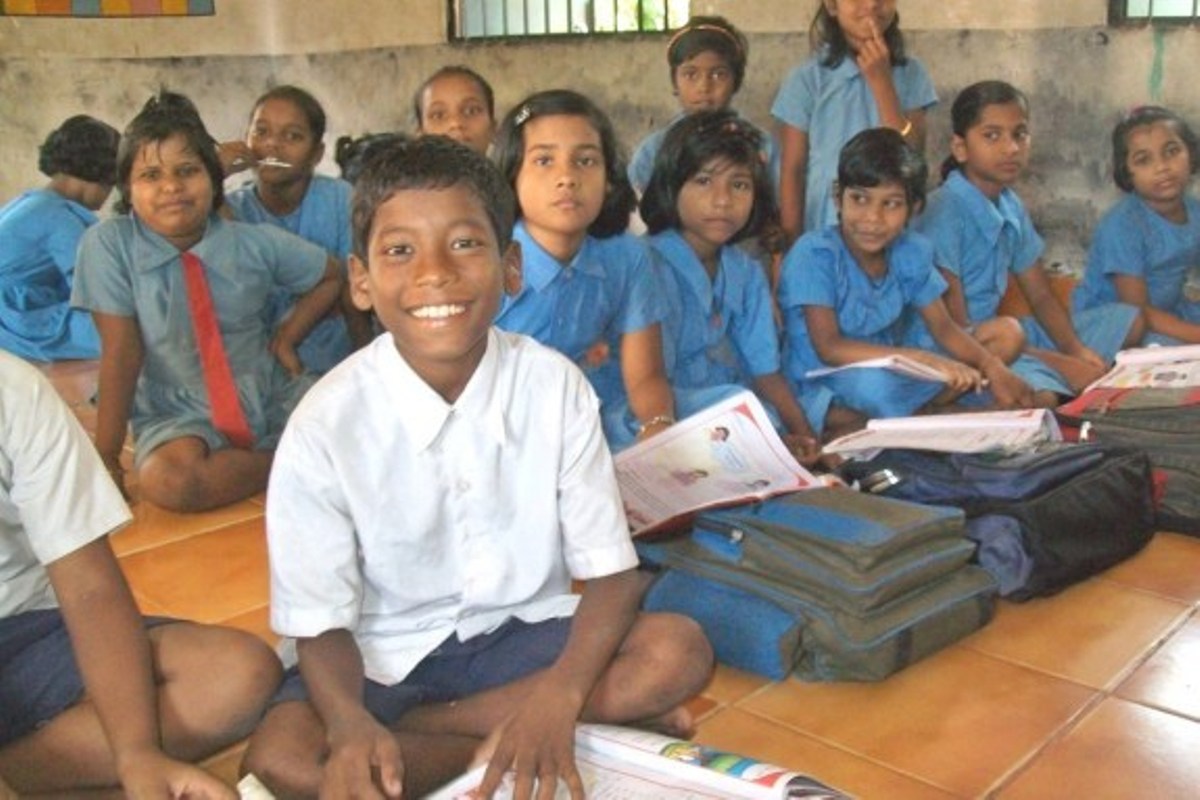POSHAN Abhiyaan reflects Centre’s commitment to tackling malnutrition: Harsh Malhotra
Malhotra stated that the programme has fostered a nationwide Jan Andolan, catalysing nutrition-related behavioural change and encouraging positive feeding and healthcare practices across the country.














